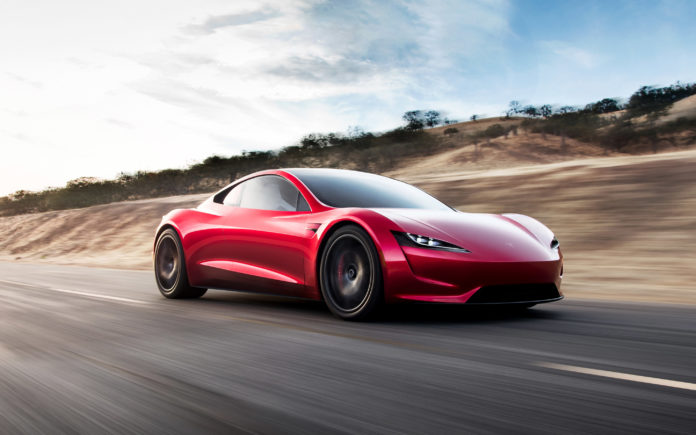By: Nick Gambino
Tesla is readying their game-changing “million mile” battery for a 2020/2021 release. There’s no argument that electric vehicles are better for the environment than gas-guzzlers, but the price range on a Tesla places it outside the average consumer’s capability.
The million mile battery seeks to change this by replacing the most expensive part of a Tesla vehicle – the battery. Current batteries that power the car are designed to peter out around the 300,000 to 500,000 mile mark, or 1,500 charge cycles, forcing the driver to buy new ones, which can run a cool $5,000 to $7,000 per battery module. The body of the car itself is already designed to last a million miles, so this is the battery playing catch-up.
The new battery will cost a lot less and last a lot longer. The “million mile” moniker is more of a colloquial nod to how long the battery will take you before it burns out.
According to Reuters, Elon Musk and co. plan to introduce the cost-saving battery in the Model 3 sedan manufactured and sold in China. There’s no indication of an exact release date but it’s expected later this year or early next.
The battery was developed with Chinese company Contemporary Amperex Technology Ltd (CATL) which signals why the country will be the first to see the long-lasting battery. It’s no surprise they are also on top of the leaderboard for sales of electric vehicles.
“Tesla’s new batteries will rely on innovations such as low-cobalt and cobalt-free battery chemistries, and the use of chemical additives, materials and coatings that will reduce internal stress and enable batteries to store more energy for longer periods,” the exclusive Reuters report said, referencing sources close to the project.
The use of cobalt in current EV batteries is a large factor in how costly they are. Cobalt is expensive, so by figuring out a way to create longer-lasting batteries without the element is a huge boon for Tesla.
By offering a competitive price point to gas-powered vehicles, EVs have a chance to revolutionize the auto industry. Up until this point, Tesla cars were reserved for the rich or those willing to go into debt. Its “elite” status made it a no-go for the average consumer. This should get the company on track to become the preferred vehicle of choice.








